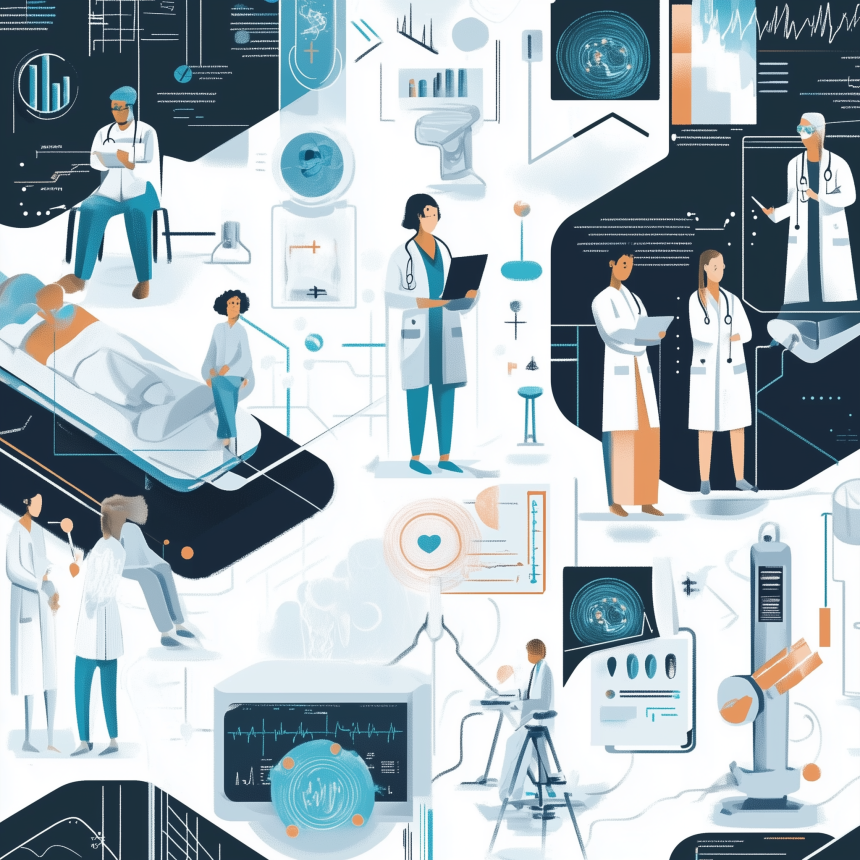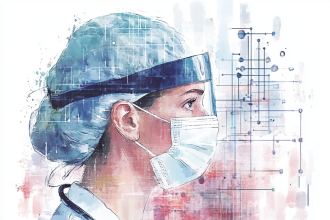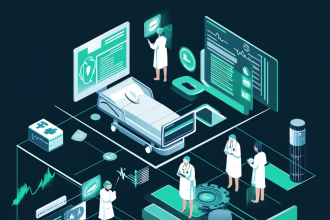As first reported by China Daily, artificial intelligence is increasingly being recognized as essential to tackling today’s urgent public health crises, including the next pandemic, antimicrobial resistance, and the mental health burden. However, medical data used to train AI presents significant limitations, offering only fragmented glimpses into patients’ health.
Unlike structured data from cameras or sensors, healthcare data is filled with gaps and inaccuracies, making it difficult to build AI systems that understand the full context of a patient’s health journey. To realize AI’s true potential, the focus must shift from reactive to preventive care, by integrating new types of data that reflect the daily lives, habits, and environments of patients.

Source: researchgate.net
Currently, many patient-facing health apps and devices target specific diseases, leaving those with multiple chronic conditions overwhelmed. The next evolution in healthcare AI must embrace the concept of a “digital twin”—an interactive, holistic avatar that mirrors the patient’s full health profile, including social and behavioral factors. These AI allies would support day-to-day decisions, from medication adherence to lifestyle choices, helping reduce the adverse effects of treatment and improve quality of life. The University of Liverpool’s Civic Health Innovation Labs is pioneering this approach with a triple digital twin model—for individual patients, healthcare providers, and entire populations—to enable more precise, data-driven, and preventive interventions.
Scaling these AI-enabled strategies requires a global network of learning health systems—where insights from real-world data are constantly fed back to improve care delivery at all levels. Such collaboration would allow AI systems to adapt to diverse populations and care settings, enabling smarter use of medications, faster identification of at-risk individuals, and better resource planning.
In an era of rising healthcare costs and complex patient needs, cross-border cooperation in AI-driven innovation is not just beneficial—it’s essential.





